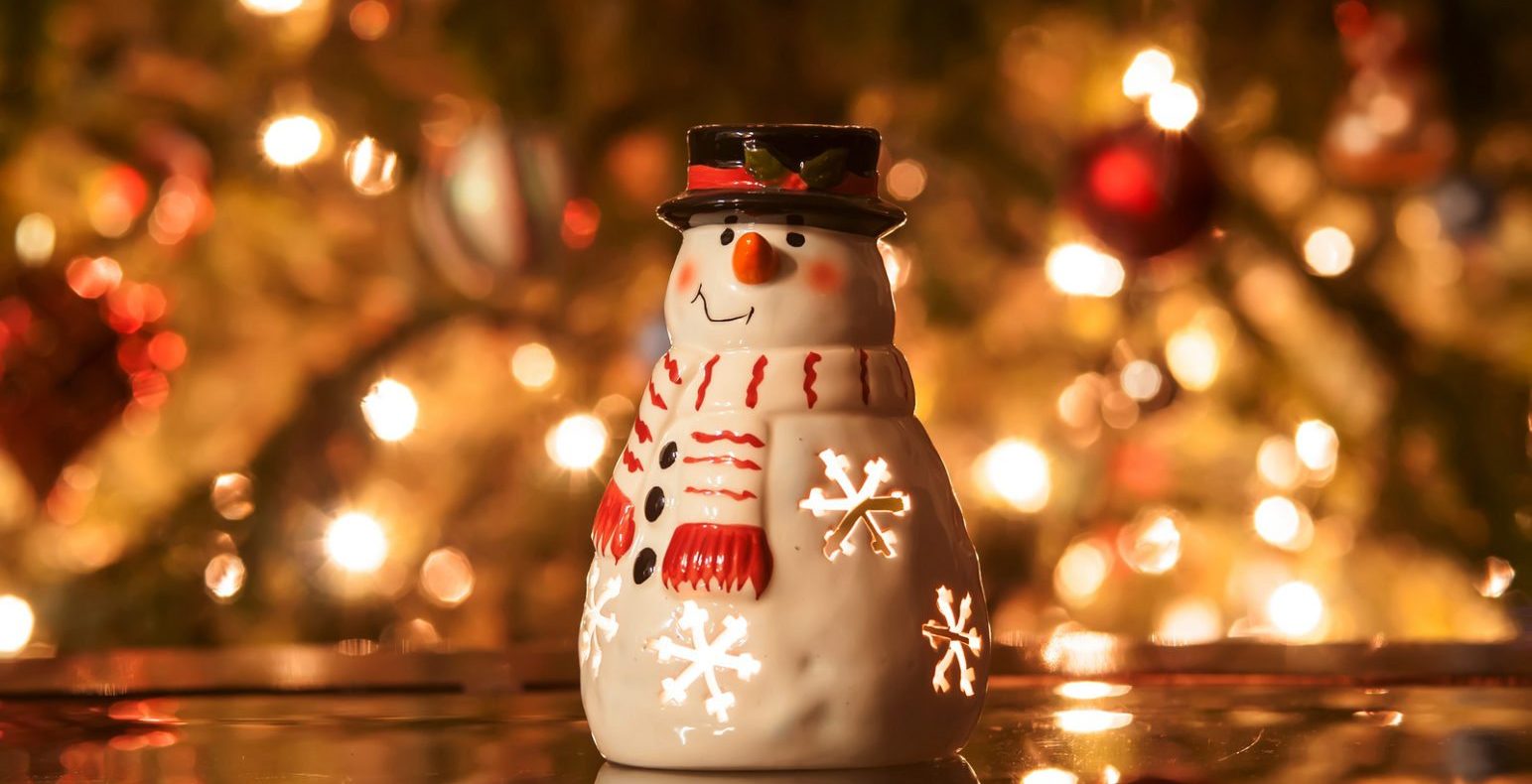An uneven distribution: why many feel lonely at Christmas
A study published by the British Statistics Research Department in 2022 found that 8% of the respondents spent Christmas alone. I am one of them. As an international student, I would not take a 14-hour flight with excessive costs to visit my family for less than a month. Everyone disappeared to celebrate with their families, leaving me in a silent flat whilst Christmas lights sparkled in the empty city centre. That is how Christmas looks like for many around the world. Most people are used to studying or visiting a cafe by themselves, so why do we find spending Christmas alone particularly difficult?
While being alone is a physical state, loneliness is a personal emotion that emerges due to insufficient social relations and a perceived lack of companionship
It can be explained from both a psychological and neuroscientific perspective. While being alone is a physical state, loneliness is a personal emotion that emerges due to insufficient social relations and a perceived lack of companionship. It also refers to the feeling of isolation and ‘not fitting in’. We may not need to hang out with friends every day to feel fulfilled, but the social definition of a healthy social relationship changes during joyous festivals like Christmas. To ‘fit in’ the social norms, we are expected to celebrate Christmas just like supermarkets have advertised since October – sharing a giant roasted turkey and Christmas pudding with families and friends, wearing a radiant smile. The deviance from social norms easily triggers negative emotions like stress and loneliness, which would be exacerbated by the intense social comparison on social media. When we spend Christmas day alone, glamorous pictures of friends gathering with their family in a cosy living room would further evoke envy and anxiety over our own ‘incorrect’ Christmas celebration. In response to the high level of stress, our brains release a hormone called ‘cortisol’.
Known to be the ‘stress hormone’, the change in cortisol level is actually a natural self-protection mechanism. Cortisol is a steroid hormone, and almost every cell contains receptors for cortisol. It regulates vital processes in the body such as metabolism and immune response to help us autonomously act upon stress. For example, we usually feel more alert and have a surge of energy when we confront something threatening because cortisol raises our heart rate and blood pressure. Cortisol is also released when we wake up to make us more energetic, and it helps us work faster before the deadline.
A research by Northwestern University in 2011 explains the close association between cortisol, loneliness, and interpersonal relationships. There are two mechanisms of regulating cortisol level, depending on the type of emotional strain we experience. It increases when we feel lonely, as it activates the body to deal with the need for social interaction. In contrast, its wakeup level decreases to promote social withdrawal rather than engagement when we feel stressed or worried. It was also found that those who suffers from interpersonal stress or social anxiety often have a greater cortisol fluctuation. Although the change in cortisol level is natural, having too much or too little cortisol chronically harms our body. The former may lead to abnormal weight gain and acne, whereas the latter results in continual tiredness and muscle weakness. Fortunately, a temporary Christmas loneliness is unlikely to cause these syndromes.
Those who celebrate Christmas with friends and families may feel lonely too
Ironically, those who celebrate Christmas with friends and families may feel lonely too. Food shopping and seemingly endless parties can be overwhelming and stressful. Also, sugary food like mince pies and Christmas cake elevates blood sugar levels and boosts dopamine in our brain. We feel happy temporarily, and crash down a few hours later. Heavy meals, alcohol, lack of sleep, and over-socializing, too, make us feel sluggish and fatigued.
At the end of the day, stress and loneliness come when we look different. Being alone, when everyone is having a good time with their family, makes us lonely. Not staying slim after Christmas celebrations like the online influencers makes us anxious. Christmas movies, advertisements, and social media constantly inculcate us with the idea of a perfect Christmas. As a result, we feel guilty even when nobody blames or punishes us for being alone.
There are many ‘tips’ online that guide you to a better solo Christmas. Therapists and psychologists warmly remind those who spend Christmas alone to exercise and maintain a healthy sleep routine. Yet, the standard of a ‘healthy’ solo Christmas may be another source of stress. We all deserve an ultimate rest at the end of year, so just do whatever you like. I did nothing except binge-watching a TV show in my bed last Christmas, and I felt so energized. It is Christmas. It is December 25. It is 24 hours in our life.

Comments